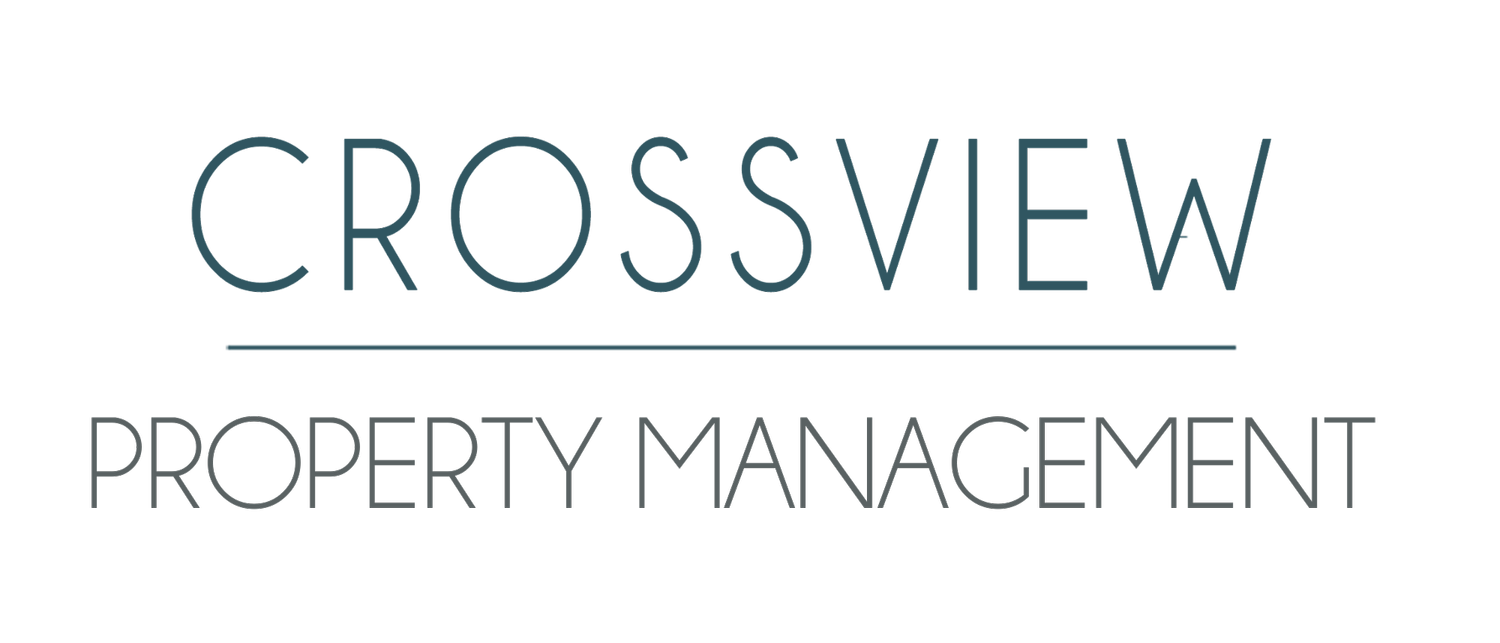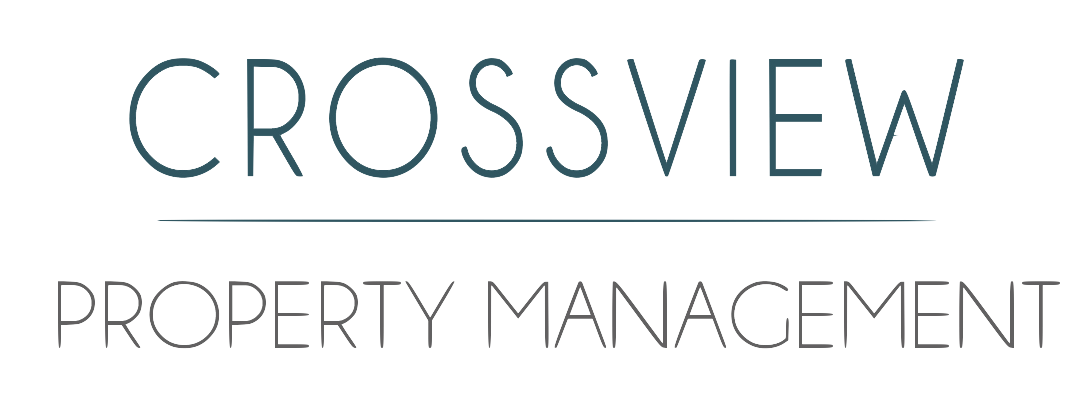What Makes a Good Property Manager? Traits and Skills for Success in Residential Rentals
What kind of person truly excels in residential property management, and how can a realtor pivot successfully into this field?
Great residential property managers are proactive, organized, people-oriented, and legally savvy. If you're coming from a real estate background, understanding the unique demands of managing single-family rentals will set you apart.
Residential Property Management Is a Different World
If you're a licensed real estate agent considering a move into residential property management, you're not alone. Many realtors explore this path as a way to build recurring income and long-term relationships with clients. But what makes a good property manager isn't the same as what makes a good agent. And it's definitely not the same as running an apartment complex or managing an HOA.
At CrossView Property Management, serving the Jacksonville and St. Augustine areas, we’ve seen first-hand that success in residential property management depends on a distinct mix of personality traits and learned skills. Here’s what you need to know.
Core Traits of a Great Residential Property Manager
Certain personality traits give you a natural edge when managing single-family or small rental properties. If you're considering this career path, ask yourself if you identify with the following:
Organized and Detail-Oriented
You’ll be managing leases, maintenance requests, inspections, compliance deadlines, and owner communications — often for multiple properties across different locations. If you're naturally structured and enjoy creating efficient systems, you'll thrive.
Relational (But Firm)
Residential property managers deal with tenants who see the property as their home. They also work with individual owners who may be emotionally tied to their investments. Strong interpersonal skills — paired with the ability to say no diplomatically — are essential.
Calm Under Pressure
Maintenance emergencies, tenant disputes, and unexpected legal issues are part of the job. The ability to stay cool, assess a situation quickly, and take decisive action separates professionals from the rest.
Proactive and Forward-Thinking
Reactive managers burn out fast. Great property managers anticipate problems before they escalate — whether that’s scheduling preventive maintenance or noticing patterns in late rent.
High Integrity and Trustworthiness
You're handling someone else's asset — sometimes their largest one — and overseeing legal responsibilities like rent collection and security deposits. Owners and tenants need to trust your judgment and ethics.
Key Skills Property Managers Must Master
Even if you have the right personality, there are still skills you'll need to learn or sharpen to succeed in this role.
Communication
Clear, professional, and consistent communication is the backbone of property management. You’ll need to:
Explain policies and lease terms to tenants
Report financials and property updates to owners
Coordinate with vendors for repairs and maintenance
Legal Knowledge
You don’t need to be a lawyer, but you do need a working knowledge of:
Florida landlord-tenant law
Fair housing regulations
Eviction procedures
Security deposit rules
Mistakes here can be costly — not just financially, but legally.
Financial Oversight
From budgeting for repairs to preparing owner statements, property managers must understand:
Basic accounting principles
Expense tracking and forecasting
Rent collection and delinquency procedures
Maintenance Coordination
Single-family rentals often have unique maintenance needs — from roofs and HVAC to fences and landscaping. Knowing how to:
Vet and manage vendors
Prioritize repairs
Track work orders efficiently
...is a key skill set that impacts both tenant satisfaction and property value.
Time Management
You may be juggling tenant move-ins, property turnovers, inspections, owner calls, and vendor coordination — all in a single day. Prioritizing tasks and delegating when needed is critical.
Marketing and Leasing
Unlike apartments, where units are uniform, each residential home needs individualized marketing. That includes:
Writing compelling property listings
Setting market-appropriate rents
Conducting showings
Screening tenants thoroughly
Tech Proficiency
Modern property management software streamlines rent collection, maintenance tracking, and communication. Comfort with digital tools is a major plus.
Why Residential PM Is Different from Apartment or HOA Management
It’s important to understand how residential (especially single-family) property management differs from other types:
| Area | Residential PM | Apartment/HOA PM |
|---|---|---|
| Property type | Standalone homes | Multi-unit complexes or communities |
| Location | Properties are spread out | Centralized location |
| Staff | You coordinate all vendors | May have on-site teams |
| Tenant expectations | High-touch, personalized | More standardized |
| Owner relationships | One-on-one, often emotional | Institutional or board-driven |
| Maintenance | Unique to each home | Shared systems (HVAC, plumbing) |
| Rules | Tailored per lease | Community-wide policies |
Residential managers must wear more hats and offer more customized service.
How Do I Become a Better Property Manager?
Whether you're just starting or looking to elevate your skills, here are key steps:
Join local associations** like NEFAR or NARPM
Invest in continuing education** specific to Florida laws
Document everything — emails, texts, inspections, work orders
Standardize your processes, from move-in checklists to owner reports
Use property management software to stay organized
Final Takeaway: Residential PM Requires the Right Mindset
What makes a good property manager in the residential space isn’t just technical knowledge — it’s your mindset. You’re not just handling a unit; you’re managing a home, a family’s experience, and an investor’s future.
If you’re a realtor with strong people skills, attention to detail, and a drive to build long-term relationships, residential property management may be your next smart career move.
Want to learn more about what it takes to thrive in residential property management — especially here in Florida?
Follow CrossView Property Management on social media for insights, tips, and behind-the-scenes looks at what this career really involves.
We're based in Jacksonville and St. Augustine and specialize in helping new and aspiring property managers navigate the unique demands of Florida's residential rental market.


